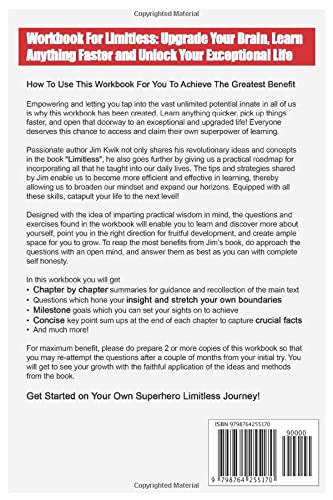Wing Chun’s Foundation: Siu Lim Tao
₱1,385.00
Seriously? A form? For self-defense? Yes, because Wing Chun’s Siu Lim Tao is unique in that it teaches you how to be simple, direct and effective without being overly simplistic. It gets to the core of the issue, which is how to shut down a sudden attack and dominate an enemy’s vulnerabilities without contradiction. Wing Chun doesn’t teach you to be a boxer or MMA fighter but an effective self-defender, which is what you want in the first place, right? Self-defense is much more complex than sport combat. In real-world violence we don’t know when and where, nor against whom we’ll be forced to fight. Is it just one opponent? Is someone trying to break into your house? Are you in a parking lot, surrounded by a multitude of hard and unforgiving objects? Are you alone or with your family? You see, self-defense isn’t going to happen in a way you can predict and will, by definition, happen suddenly at a time of the aggressor’s choosing. For this reason we need a martial art system that provides the critical reflexes, muscle memory and tactical knowledge to adapt without our offense sacrificing our defense and vice-versa. This is why any serious self-defender needs Wing Chun, which was devised with these truths in mind. It assumes that you’re in this type of altercation rather than in a ring or cage. It assumes that the stakes are life or death, so it prepares you to reflexively attack and defend the body’s weakest links. Not only this but it teaches you how to function at extremely close range and assumes that your environment – counter-tops, curbs, walls, tables, etc. – is just as dangerous as your enemy. How does Wing Chun accomplish this? Well, the answer starts with the Siu Lim Tao form, which provides the foundation for close-quarter self-defense. Siu Lim Tao means “little idea” or “young idea” and is a veritable alphabet of must-have technique, structure, and tactical knowledge. In this book you’ll find all of them detailed and explained in a way you’ve never seen it before. First, you’ll see the form in its entirety. More than that, you’ll learn the keys to understanding each action. Second, you’ll learn why the structure of the stance and movements are important for you being able to withstand and counter a violent attack. Nothing in the form is there by chance and must not only be practiced but understood so that you’ll be able to perform under stress. The form’s actions help you eradicate and overcome bad reactions to violence you don’t even know you have without you having to make the mistake in the first place. This is an enormous benefit since no one can safely practice sudden and unpredictable violence. If you have lessons to learn about real-world violence, you better learn them before you need them. Siu Lim Tao’s motto isn’t “live and learn” but “learn and live!” For example, proper knowledge and skill at Siu Lim Tao will teach you the right foundation of combat footwork so that you aren’t tripping and falling, nor easy to “bum-rush”. It does this by teaching you the right body-feel so that you’ll learn to instantly adapt to different surfaces. After all, there’s a world of difference between fighting on asphalt or a padded floor. Just knowing this (and gaining the necessary skill through the associated drills) can prove to be the difference between safety or a horrific defeat. Finally, through the chapters that break down each major section of the form, you’ll learn not only the body, but the mind of Wing Chun. Many people make the enormous mistake of knowing the “how” of the technique while being ignorant of the “why.” This is almost worse than knowing nothing at all. It’s absolutely critical to understand the big ideas that animate and guide the form so that you’re truly prepared for the real world. In all, this book gives you the keys to the Wing Chun system by giving you the mind and body of the system’s soul.













